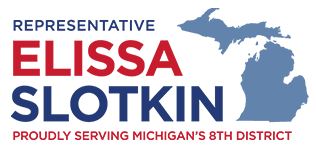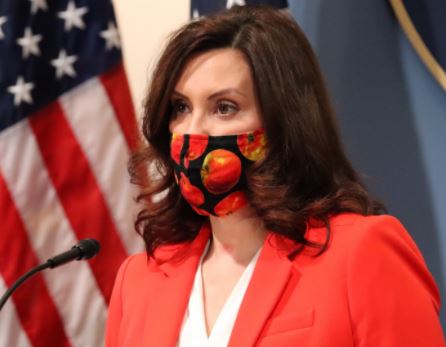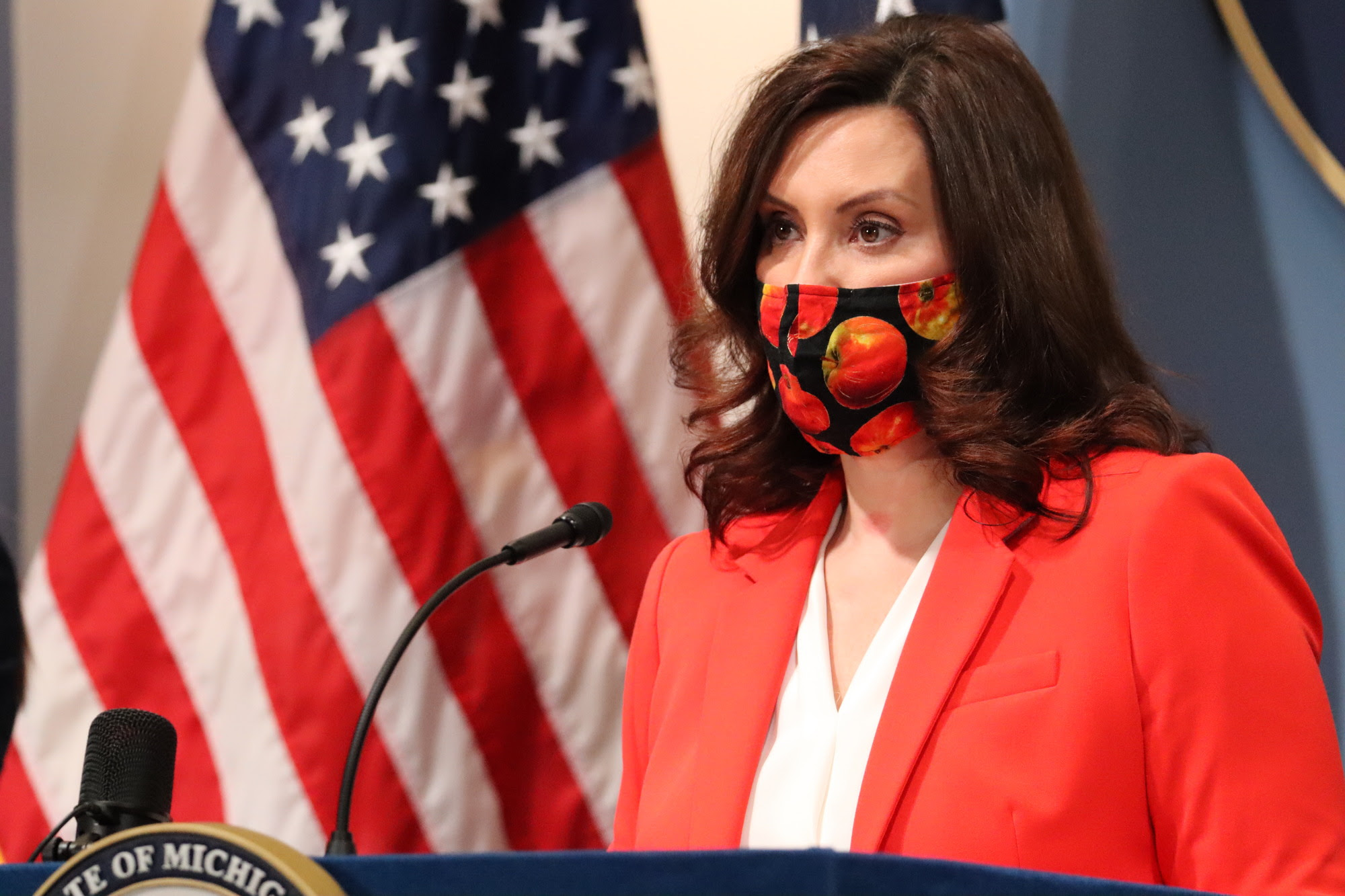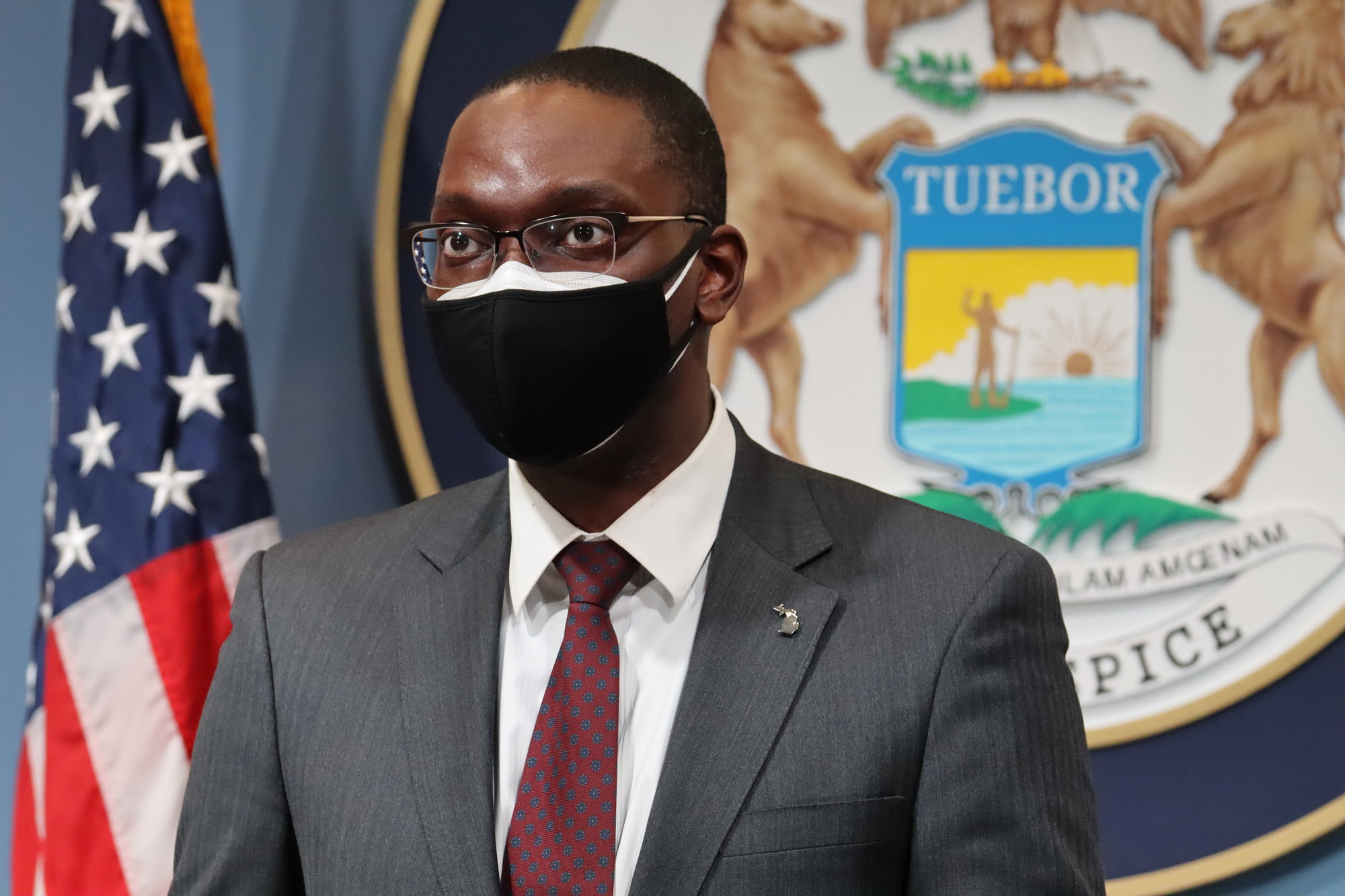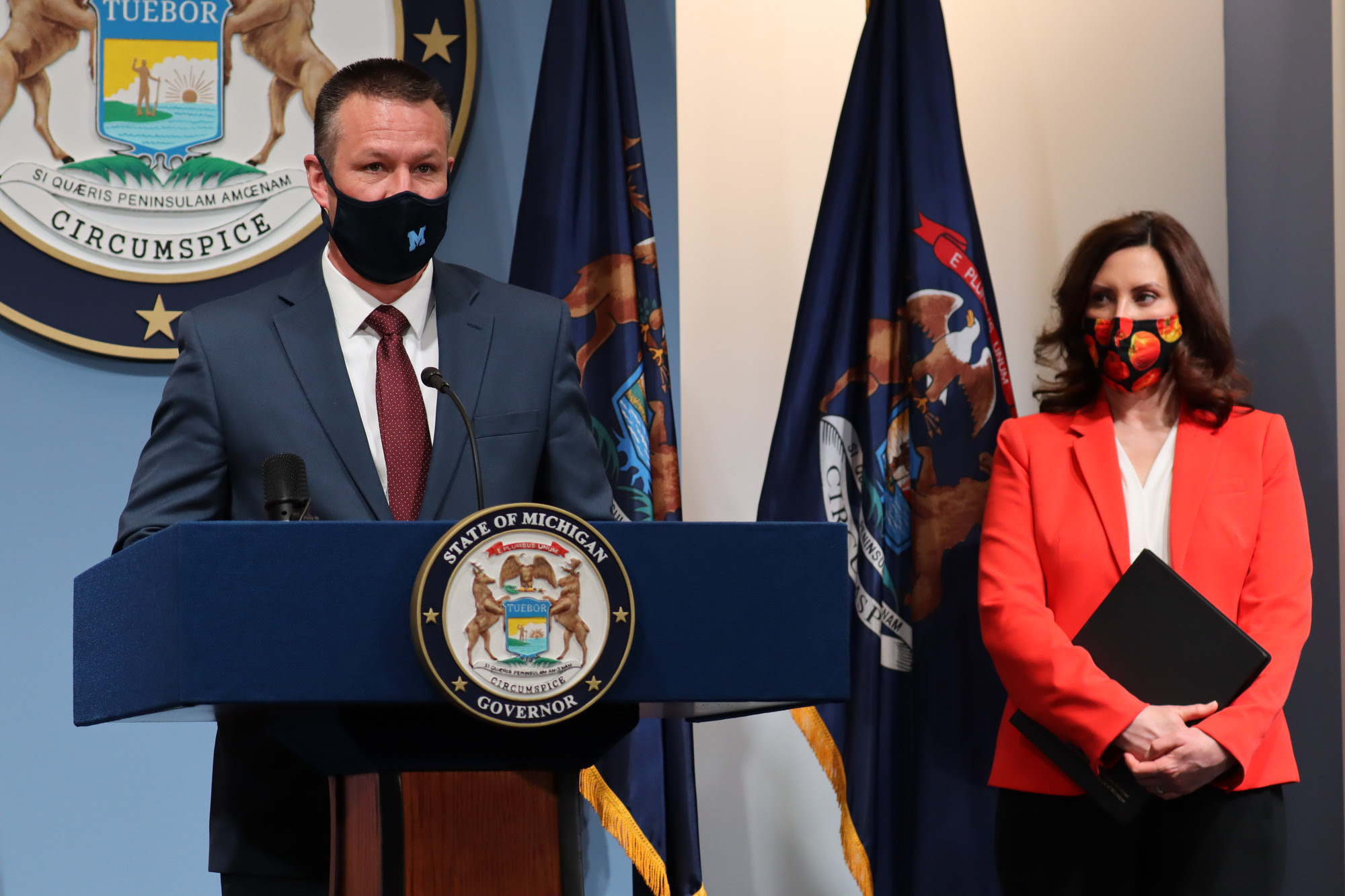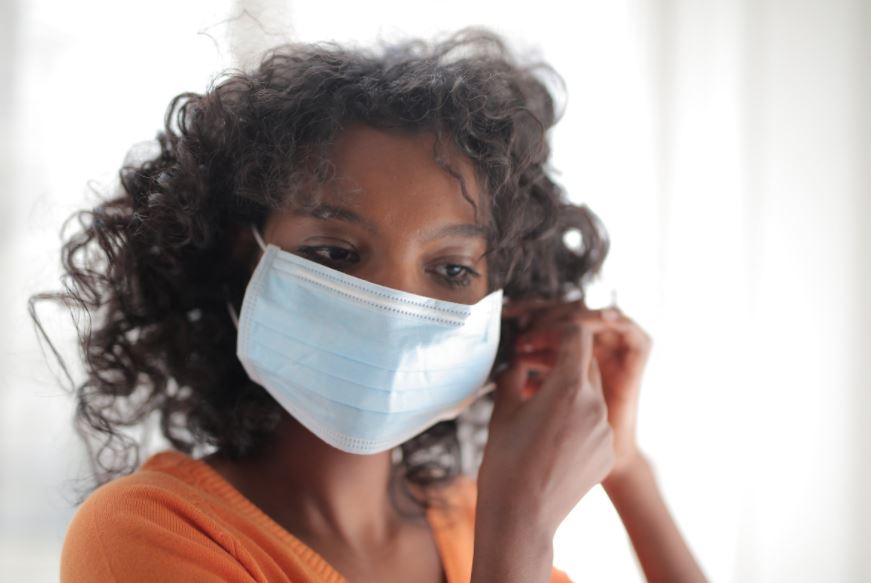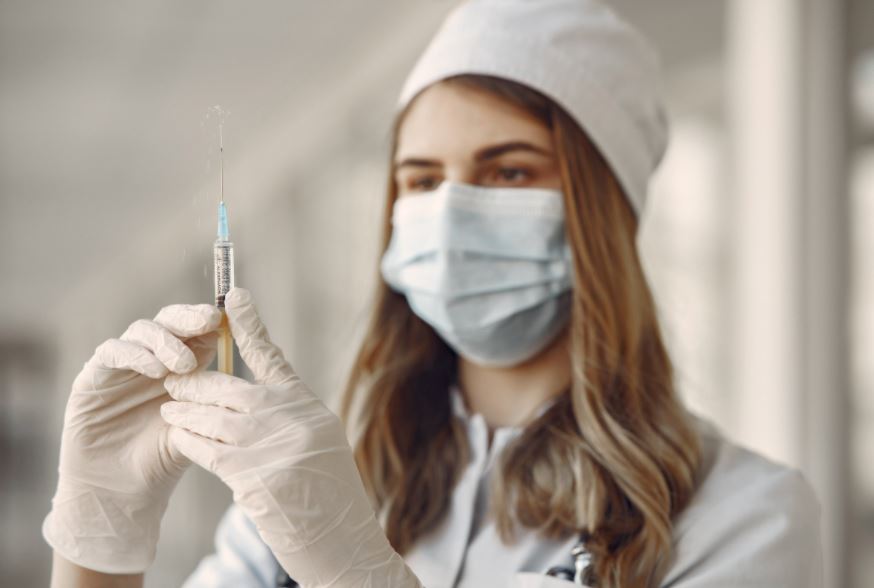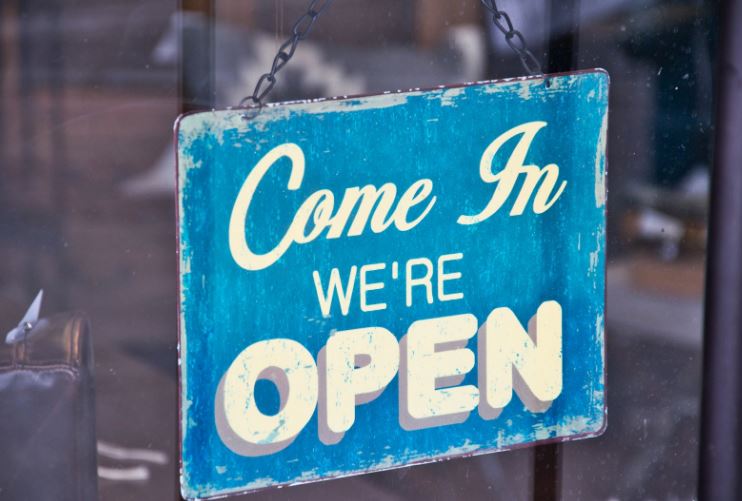Staff working with immunization providers to improve submission of race data for all vaccines administered, Michiganders urged to fill out race information on forms.
FOR IMMEDIATE RELEASE
February 23, 2021
Contact: Lynn Sutfin, 517-241-2112
LANSING, MICH. Several initiatives to improve access to the safe and effective COVID-19 vaccine and ensure equity when it comes to protection from the virus have been announced by the Michigan Department of Health and Human Services (MDHHS) during the past couple weeks. Today, MDHHS posted race data on the COVID-19 Vaccine Dashboard to help track the effects of those efforts and to provide additional information about vaccinations in Michigan.
“Ensuring those who are most vulnerable are protected by the safe and effective COVID-19 vaccine is a high priority for Michigan,” said Dr. Joneigh Khaldun, chief medical executive and chief deputy for health. “Black and Brown communities have been disproportionately affected by the virus,and improving the race and ethnicity data being collected for vaccinations is critical for ensuring the equitable administration of the vaccine. We will use this data to continue to drive our strategy towards making sure everyone has equitable access to the vaccines.”
MDHHS is following the Centers for Disease Control and Prevention (CDC) recommendations for prioritization of distribution and administration of COVID-19 vaccines for adults. This resulted in vaccinations starting with healthcare workers and staff and patients at long-term care facilities in December. Additional groups, which include individuals ages 65 years or older and some essential frontline workers became eligible in January.
According to data reported as of Feb. 22, 1,252,497 Michigan residents have received at least one dose of vaccine and 547,163 of those individuals do not have race information recorded. Only 56% of reported COVID-19 vaccine doses have race data recorded, a number MDHHS is actively working to improve. Race data collected over the vaccine implementation period shows of those vaccinated:
- 43.7% are unknown.
- 41.7% are white.
- 9.5% are listed as other.
- 3.7% are Black.
- 1.1% are Asian or Pacific Islander.
- 0.3% are American Indian/Alaskan Native race.
A direct entry tool is now live and allows this information to be entered directly into Michigan Care Improvement Registry (MCIR) and immunization providers across the state are asked to submit race data for all vaccines administered. Before the rollout of the COVID-19 vaccine, race and ethnicity information could not be submitted as a data field to MCIR. The database collects and consolidates immunization information from multiple providers into a comprehensive immunization record allowing providers to view up-to-date patient immunization history. Currently, 85% of the race and ethnicity data being reported to MCIR comes from electronic medical records.
“We urge Michiganders to fill out race data questions on forms when they get their vaccine,” said Khaldun. “Knowing this information helps guide the state’s strategy and allows us to address any gaps as we move forward getting Michiganders protected from the virus.”
The state recently launched a COVID-19 vaccination strategy to get 70% of Michiganders age 16 and older vaccinated as quickly as possible. The strategy is being guided by the following guiding principles:
- All Michiganders have equitable access to vaccines.
- Vaccine planning and distribution is inclusive, and actively engages state and local government, public and private partners; and draws upon the experience and expertise of leaders from historically marginalized populations.
- Communications are transparent, accurate, and frequent public communications to build public trust.
- Data is used to promote equity, track progress and guide decision making.
- Resource stewardship, efficiency, and continuous quality improvement drive strategic implementation.
As part of this strategy, a new pilot program was launched to help remove vaccine barriers for Michiganders 60 and older who live in communities with high Social Vulnerability Index (SVI) and high COVID-19 mortality rates.
In addition, 40 federally qualified health centers across the state have started to receive vaccine allocations to help vaccinate individuals age 65 and older. These community health centers are located in medically underserved areas to provide high-quality, affordable and comprehensive medical services to everyone – regardless of who they are, where they come from or their ability to pay.
As demonstrated in today’s data, the percent of each population that is vaccinated varies by race. White Michiganders having the highest initiation and completion rates (7.9% and 4.7%), followed by American Indian or Alaskan Native (5.4% and 2.8%, respectively), Asian, Native Hawaiian or Pacific Islanders (5.0% and 3.6%) and Black or African American residents (4.1% and 1.6%). Whites are about twice as likely to be vaccinated as Blacks in Michigan, similar to currently available data from Bloomberg Vaccine Tracker. Ethnicity data is not being reported at this time as only 30% of records contain this information.
Overall coverage rates have also been added to the dashboard, both for the state and by county. Currently, 15.1% of Michiganders have initiated vaccination and 8% have completed both doses.
The cumulative COVID-19 case rate has been 40% higher for Black Michiganders than white residents and the death rate for Black residents has been over three times the rate in white residents. The percent of vaccinated people who are Black has more than tripled between the first three weeks and the last week of vaccination (0.5% to 3.8%), but the proportion of vaccinated adults 16 and older who are Black is far lower than the proportion of Black residents in Michigan.
According to research, 66% of Michiganders are likely or very likely to get the COVID-19 vaccine and 34% would like to get it as soon as possible. However, there are disparities when it comes to who is likely to get the vaccine with 47% of white Michiganders very likely to get the vaccine versus 25% of Black Michiganders.
MDHHS launched a statewide paid media campaign in January to inform Michiganders about the safe and effective COVID-19 vaccine in response to research about attitudes toward the vaccine and to build vaccine confidence among Michigan residents. The campaign was developed after conducting a statewide survey and six focus groups among key target audiences, including African American, Caucasian, Hispanic and Arab-American adults. The campaign includes television, connected TV, radio, streaming audio, YouTube, search, print in minority publications, social media and digital media.
The most recent vaccine prioritization guidance can be found on Michigan’s COVID-19 website.
Information around this outbreak is changing rapidly. The latest information is available at Michigan.gov/Coronavirus and CDC.gov/Coronavirus.
To learn more about the COVID-19 vaccine, visit Michigan.gov/COVIDVaccine.



